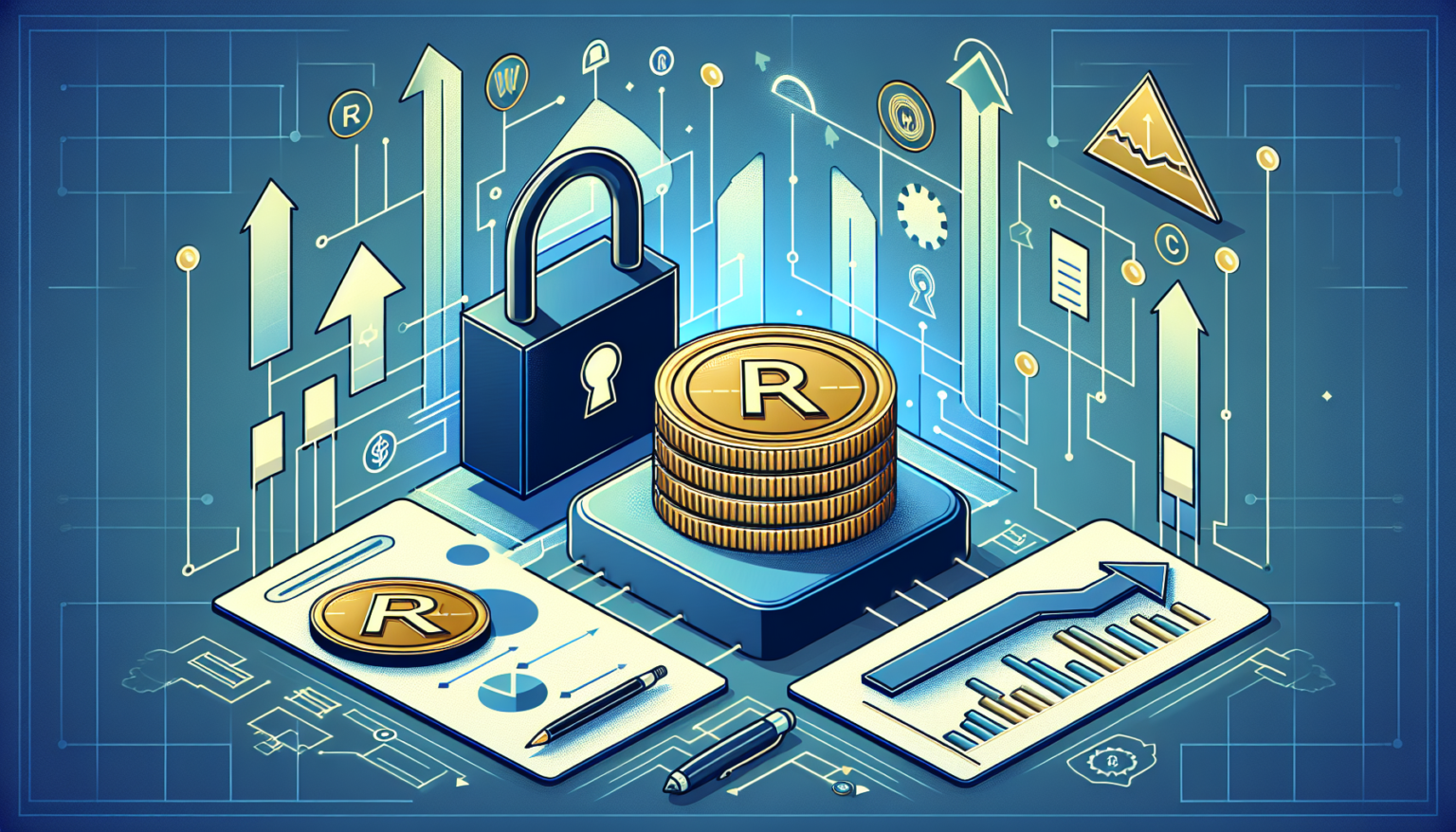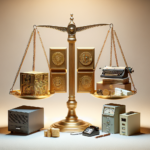What is RWA Tokenization?
RWA, or Real World Asset tokenization, refers to the process of converting real-world assets into digital tokens on a blockchain. This can include various types of assets, such as real estate, art, commodities, or even financial instruments. By representing these tangible assets as tokens, RWA tokenization allows for greater accessibility, liquidity, and efficiency in the management and trading of assets.
Improved Liquidity
Enhancing Market Access
One of the most significant benefits of tokenizing real-world assets is improved liquidity. Traditionally, investing in physical assets like real estate or fine art can require substantial capital and come with long holding periods. By tokenizing these assets, fractional ownership becomes possible, allowing smaller investors to buy and sell parts of high-value assets. This democratizes access to investment opportunities, enabling a broader range of participants to engage in asset markets.
Facilitating Quick Transactions
Tokenization also streamlines the transaction process. In traditional markets, selling physical assets might require substantial time for negotiations, due diligence, and paperwork. When assets are tokenized, this process is often reduced to just a few clicks. Smart contracts can automate many aspects of the transaction, significantly speeding up settlement times and reducing costs associated with intermediaries.
Transparency and Trust
Blockchain’s Immutable Ledger
One of the core features of blockchain technology is its transparency. Every transaction involving a tokenized asset is recorded on a decentralized ledger. This means that all stakeholders can verify ownership and transaction history. This level of transparency builds trust among participants, as the risk of fraud is considerably minimized. Investors can feel more confident knowing that the asset they are investing in has a verifiable record.
Regulatory Compliance
RWA tokenization also offers an avenue for enhanced regulatory compliance. By embedding compliance rules directly into the smart contracts that govern token transactions, developers can enforce specific regulations automatically. This automatic enforcement can simplify the complex process of adhering to financial regulations, ultimately making it easier for companies to operate within legal frameworks while minimizing the risk of violations.
Enhanced Accessibility
Opening Investment Opportunities
Tokenization creates new avenues for investment that were previously closed to many individuals. With fractional ownership, people who may not have the means to purchase an entire asset outright can still invest in high-value opportunities. A young investor could own a fraction of a luxury property or a rare piece of art simply by purchasing a token.
Global Reach
RWA tokenization transcends geographic barriers. Blockchain technology operates on a global scale, meaning that investors from anywhere in the world can access tokenized assets. This opens up new markets and investment opportunities that were previously limited to specific regions, fostering a more interconnected global economy.
Cost Reduction
Lower Transaction Fees
Traditional asset transactions can involve substantial fees related to intermediaries, legal processes, and other services. Tokenization reduces these costs by automating many processes and minimizing the need for intermediaries. As a result, both buyers and sellers can benefit from lower transaction fees, making it a more economical choice for individuals and businesses alike.
Minimized Administrative Burdens
The traditional management of physical assets often involves extensive monitoring, documentation, and oversight. Tokenization can streamline these processes. With smart contracts, administrative tasks such as record-keeping, transfers, and distributions can be automated. This efficiency saves time and resources, allowing asset owners to focus on more strategic aspects of their investments.
Empowering Innovation
New Financial Products
Tokenization has the potential to pave the way for innovative financial products. For instance, with tokenized assets, companies can create unique investment vehicles that were not possible in conventional finance. This might include asset-backed tokens that offer dividends based on the performance of the underlying assets. Such innovations can attract a new class of investors, stimulating market growth and diversification.
Integration with DeFi
Decentralized Finance (DeFi) is rapidly changing the landscape of finance by removing traditional intermediaries. The integration of RWA tokenization with DeFi platforms creates a symbiotic relationship where tokenized assets can be used as collateral for loans, yield farming, and liquidity provision. This dynamic not only enhances the utility of tokenized assets but also encourages more participation in the burgeoning DeFi space.
Reducing Barriers to Entry
Lower Capital Requirements
Tokenization reduces the capital requirements for investing in high-value assets. Fractional ownership means that instead of needing the full amount to invest, individuals can enter the market with smaller amounts of capital. This opens up opportunities for newcomers to engage with markets that were previously out of reach, fostering a culture of investment and financial literacy.
Education and Awareness
As RWA tokenization becomes more mainstream, it also promotes greater education and awareness regarding investments. With increased participation in markets, more resources, workshops, and educational tools will emerge to help individuals understand how to invest wisely. This proactive approach to education will empower more people to boldly explore financial opportunities and build wealth over time.
Challenges to Consider
Regulatory Uncertainty
Despite its benefits, RWA tokenization also faces challenges, particularly regulatory uncertainty. Most countries are still developing frameworks to govern blockchain technology and tokenization. Companies may find themselves navigating a confusing landscape with varying regional rules, which could complicate the process of tokenizing assets across borders.
Technological Barriers
While blockchain technology allows for seamless transactions, the infrastructure necessary for RWA tokenization isn’t universally established. Smaller players may struggle with the technological expertise or resources needed to tokenize their assets effectively. It’s essential for developers and businesses to work together to foster greater access to these technological solutions.
Market Volatility
As with any investment, tokenized assets are subject to market volatility. While tokenization may increase liquidity, it also creates potential for speculative trading. Investors must be aware of the risks involved and approach the market with diligence, ensuring they make informed decisions based on solid research and understanding.
Future of RWA Tokenization
As RWA tokenization continues to evolve, it is likely to become an integral part of the financial landscape. The combination of improved accessibility, efficiency, and innovation makes it a compelling avenue for investors and businesses alike. While challenges remain, the promise of a more transparent and dynamic asset market is on the horizon.








